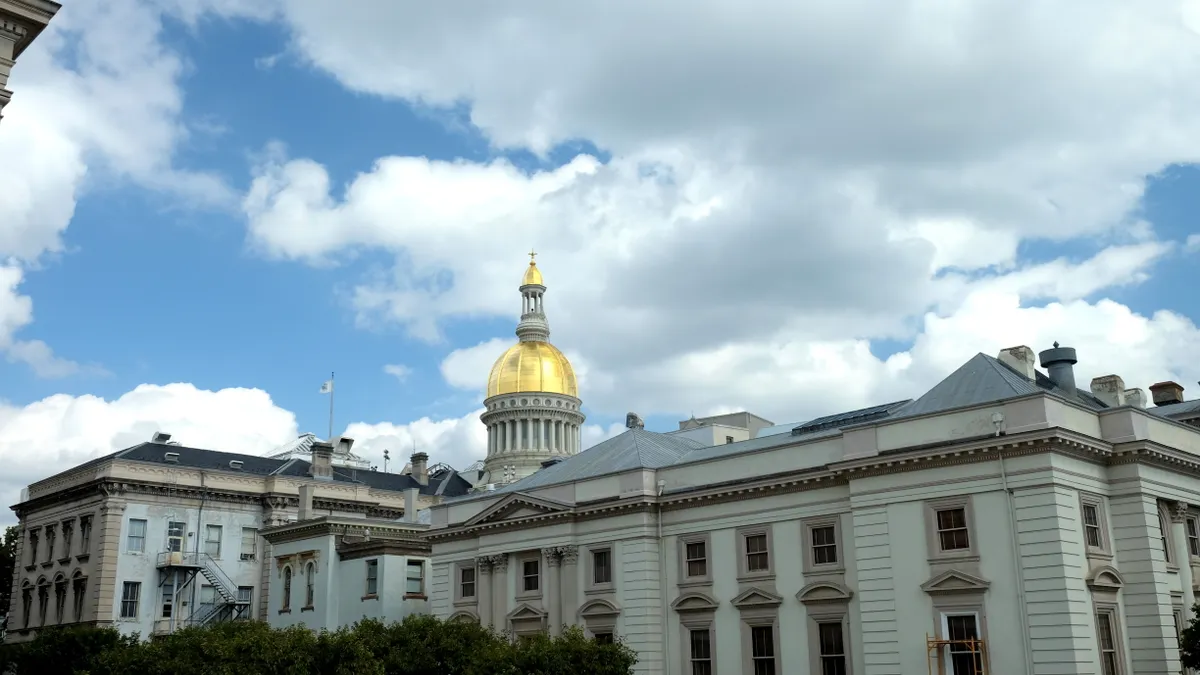Dive Brief:
- New Jersey is poised to guarantee in-state tuition rates to a new contingent of foreign students living in the U.S. under a bill awaiting Gov. Phil Murphy's signature.
- The bill would make students who were human trafficking victims, and those who were victims of certain other crimes or aided law enforcement in investigating them, eligible for state financial aid, in addition to receiving in-state tuition.
- The legislation builds on New Jersey laws that provided in-state tuition rates to unauthorized immigrant students at public colleges and granted them state financial aid.
Dive Insight:
Many states, either through law or action at the public college system level, allow unauthorized immigrant students to pay in-state tuition rather than the higher out-of-state prices.
Several states, including New Jersey and Virginia, have also moved to offer these students state-funded financial aid. Unauthorized immigrant students are not eligible for federal financial aid or loans, often making it difficult for them to afford college.
Critics of these measures argue taxpayers should not subsidize the education of students living in the country without authorization.
The changes in New Jersey put the state at the vanguard for these types of issues, although they would affect nonimmigrant students who are authorized to be in the country under certain types of visas.
Students with T visas, which are given to human trafficking victims, and U visas, provided to those who suffered from a crime or helped law enforcement, would become eligible for both in-state tuition and state financial aid.
Also under the new bill, children of parents with O-1 or O-2 visas would qualify for in-state tuition, but not state financial aid.
O-1 visas are granted to individuals who have demonstrated extraordinary ability in particular fields such as business and the arts, and O-2 visas are given to those who are in the country to assist O-1 holders with an event or performance.
A spokesperson for Murphy's office said Tuesday the governor does not comment on pending legislation.
Last year, Murphy signed legislation extending in-state tuition to children of H-1B visa holders, who are foreign workers in specialized fields such as technology and medicine.
At the federal level, college access advocates have lobbied to loosen rules around student aid for unauthorized immigrant students. President Joe Biden, in his sweeping but stymied spending package, proposed opening up federal Pell Grants to undocumented students who came to the U.S. as children.
Certain visa holders, including those with T visas, are already eligible for federal student aid.










